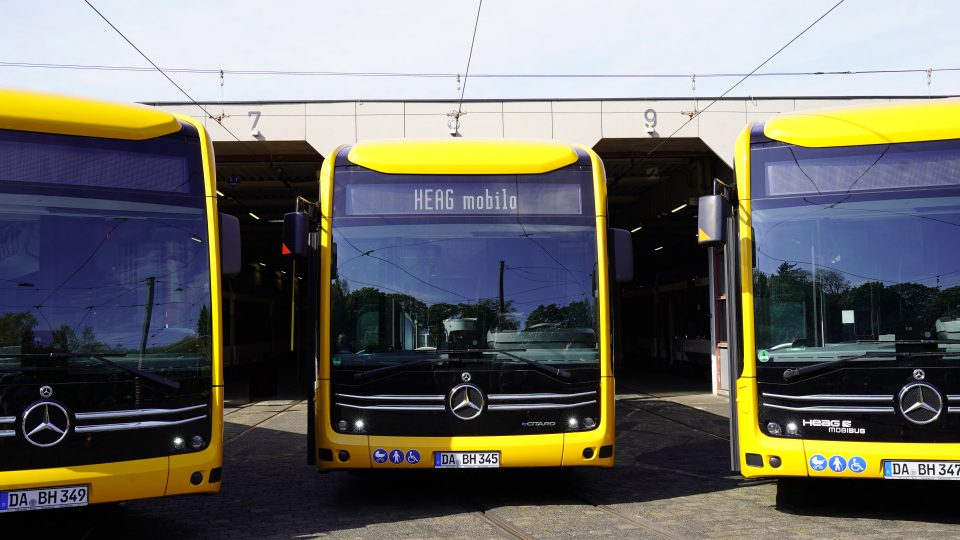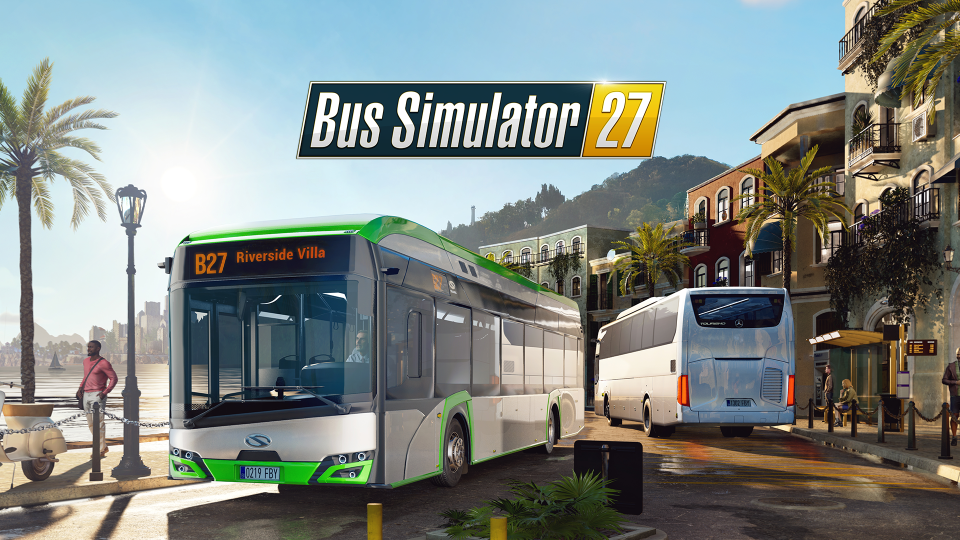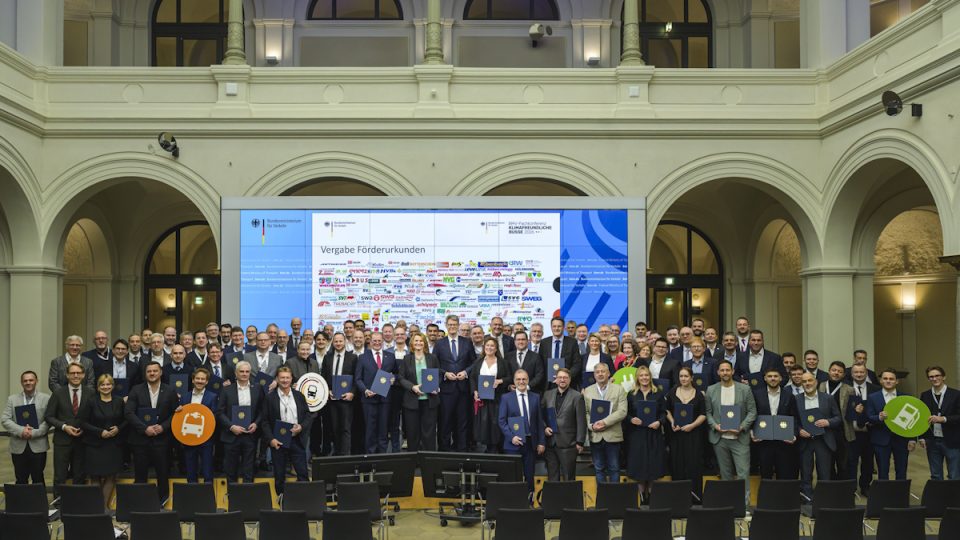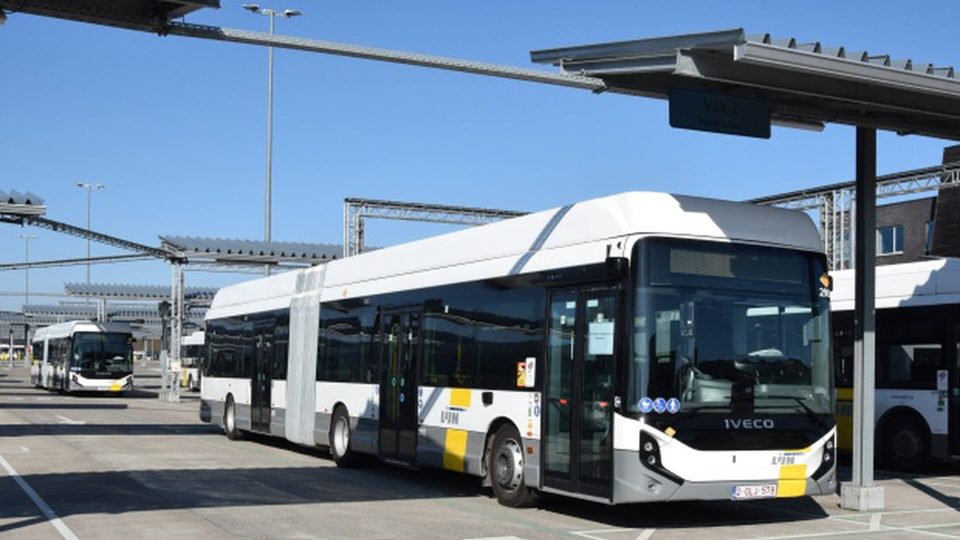Free ticket for public transport, a new study by Politecnico University says… [Next Stop #2]
Inflation and energy crises led to a wave of free public transport tickets policies launched or announced within the last few months. And a newly-released study by Politecnico di Milano University adds some interesting figures to the debate – we’ll get to this in a few lines. There’s no need to recall the pilots put in place in the […]
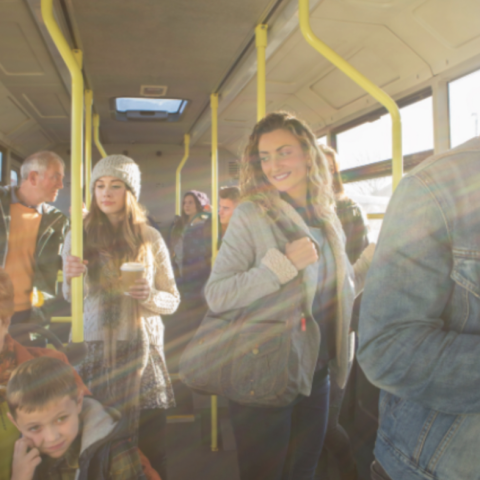
Inflation and energy crises led to a wave of free public transport tickets policies launched or announced within the last few months. And a newly-released study by Politecnico di Milano University adds some interesting figures to the debate – we’ll get to this in a few lines.
There’s no need to recall the pilots put in place in the last years reducing or zeroing public transport fares. Just a few hints: 9€ euro ticket in Germany, free transit in Luxembourg since 2020, Climate Ticket in force in Austria (3€ per day), pilots in Finland and Estonia. Just to name a few.
We’d rather highlight some results. As highlighted on a WIRED article last year, “Free fares boost ridership, but not necessarily from drivers. In Estonia, free transport was more likely to be used by those who were walking or cycling”.
This article was published in the first issue of our newly-launched newsletter Next Stop.
Every Friday, we try to help giving a better perspective on what is going on in the mobility world. Trying to anticipate which will be the NEXT STOP
Can check the newsletters’ archive HERE.
And sign up HERE

Free tickets for public transport, results surveyed
McKinsey & Company surveyed the effect of German 9€ ticket during last summer: “Satisfaction levels among consumers who use public transport frequently remain unchanged from previous surveys, but the current one revealed that the 9€ ticket has had a positive impact on perceptions. Among consumers who are only occasional riders, 41 percent report that they are satisfied with their experience on public transport after purchasing a 9€ ticket. By contrast, only 23 percent of occasional riders report having been satisfied with public transport before the 9€ ticket’s introduction”.
But it would be wrong to consider zero ticket as the silver bullet for increasing the perception and the appeal of public transport.
Better as a marketing tool?
UITP stressed in a policy brief in 2019 that is better to opt for “a mix of push and pull measures. In this regard, improvements in the public transport offer and its quality are especially effective. Enhanced social inclusion can be better targeted by social fares and an accessible transport network”
According to UITP, the best way to use the free public transport ticket policy is “as a marketing tool for specific periods of time or specific events to promote the use of public transport”.
Free public transport tickets, a study by Politecnico University
At Politecnico University in Milano, last week META and TRASPOL – Research Centre on Transport Policy presented the results of a modelling simulation with the aim of estimating the economic and environmental effects of a zeroing of local public transport and regional rail tickets. Outcomes? “Where public transport is effective and already saturated, it may not have enough remaining capacity available for accommodating the additional demand. This would lead to higher costs, in addition to the ones derived by free fares, in order to increase the transport offer and, in the long run, improve the capacity of the infrastructure. In addition, locally, the modal shift from car to public transport reduces congestion at junctions and this can stimulate additional demand on cars from different locations, mitigating the overall effect”
Also, “The impact on demand is significantly increasing as one moves from local to medium-haul transportation. On fast regional, suburban and medium/long distances, effects are in general significantly higher than on urban rail and public transport”.
Finally, “The modal shift effect is expected to be in the order of a few percentage points: not ‘zero’, but not even 10% fewer cars!”.



